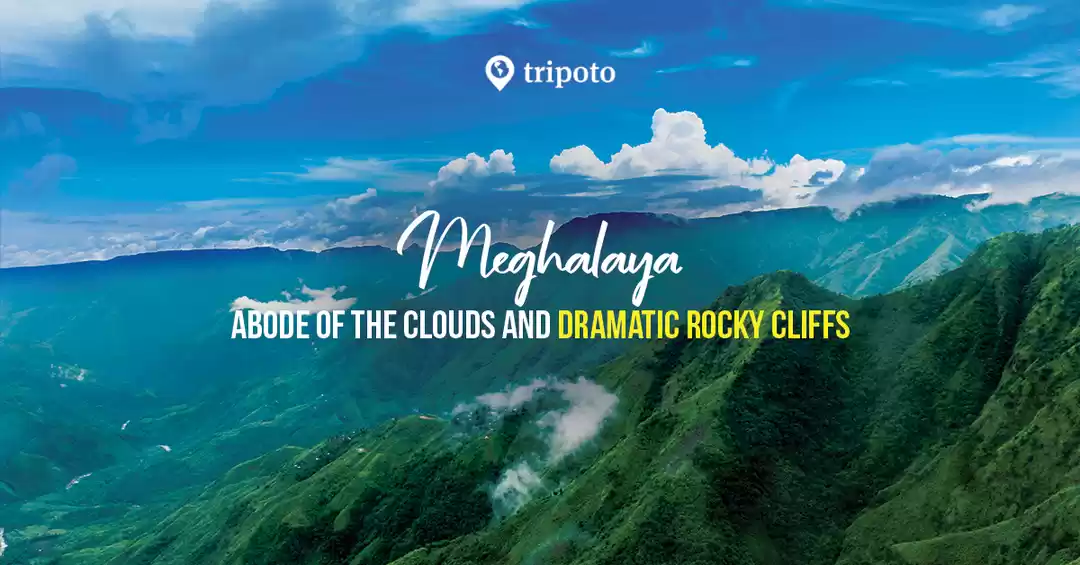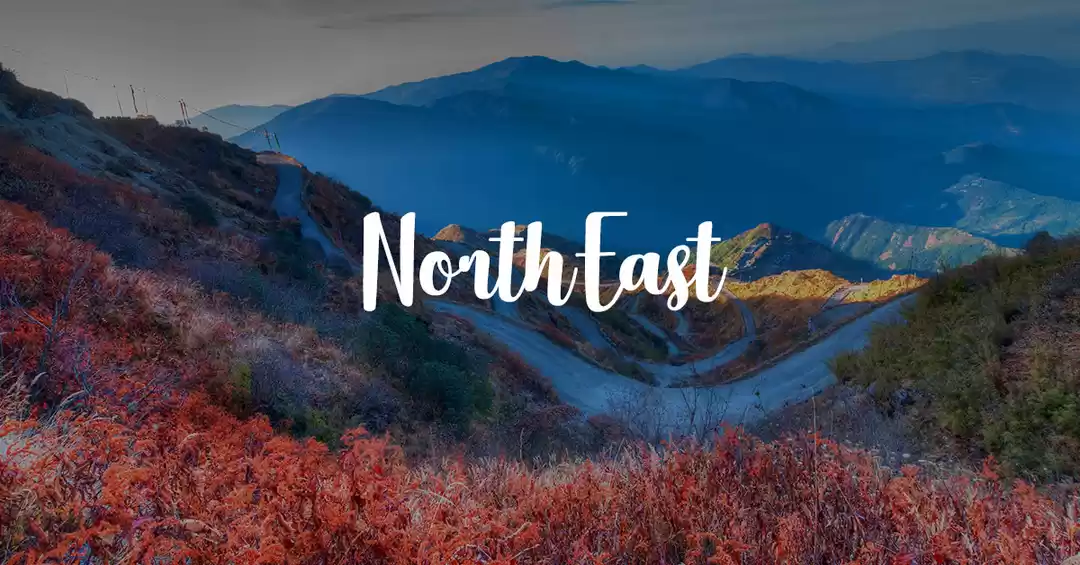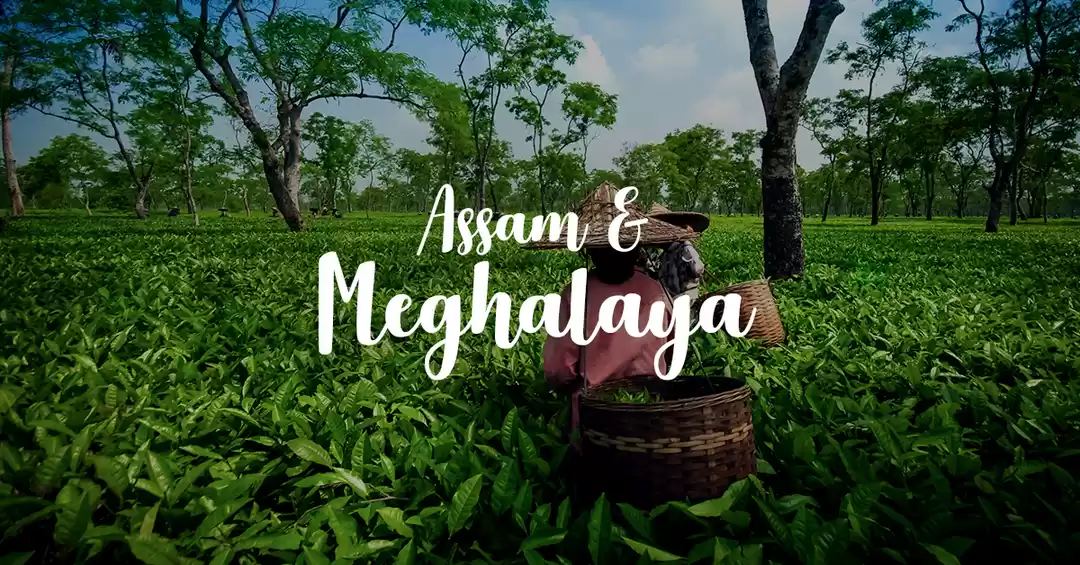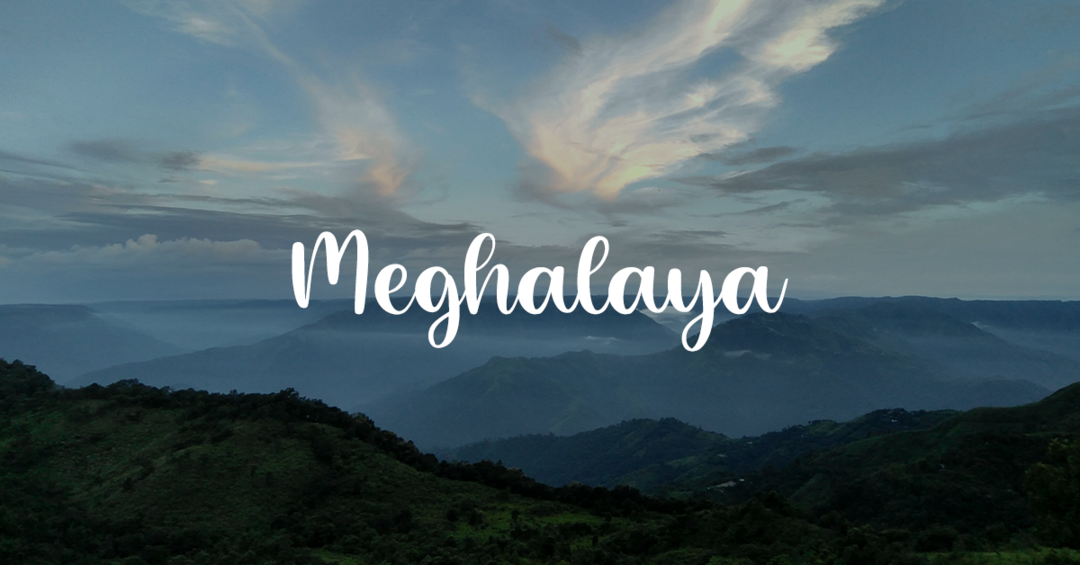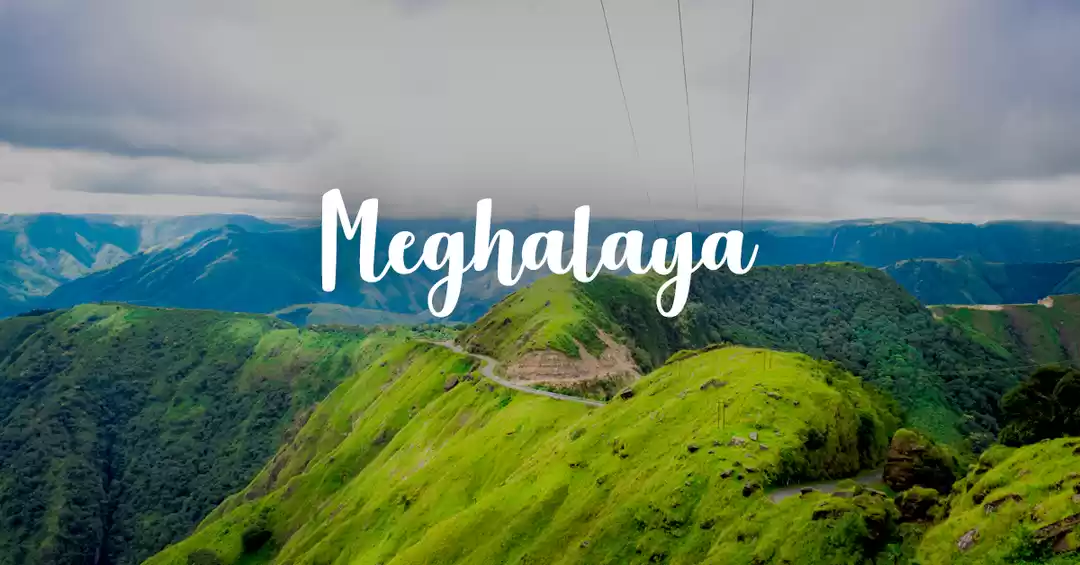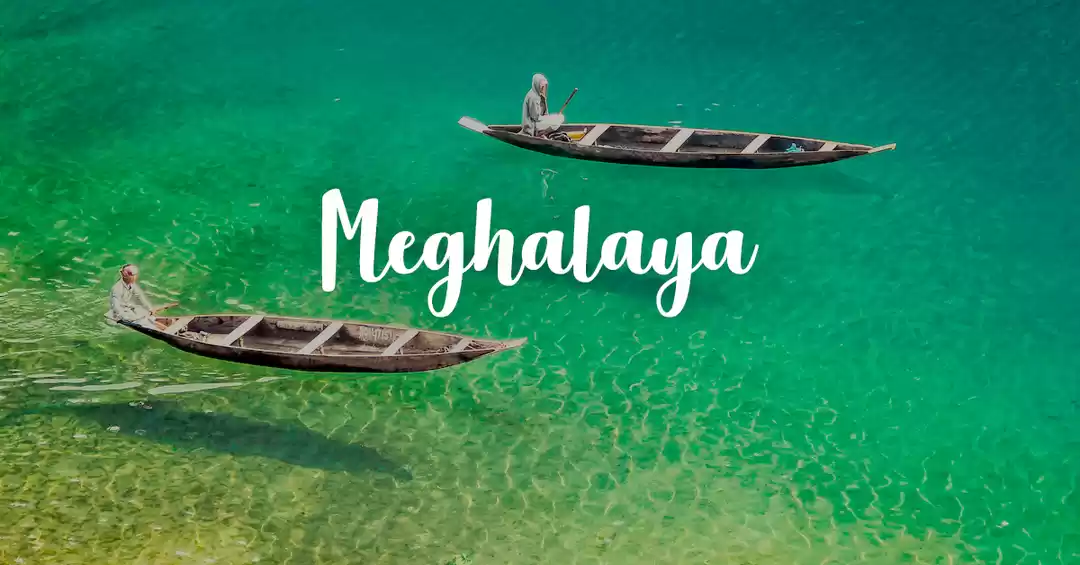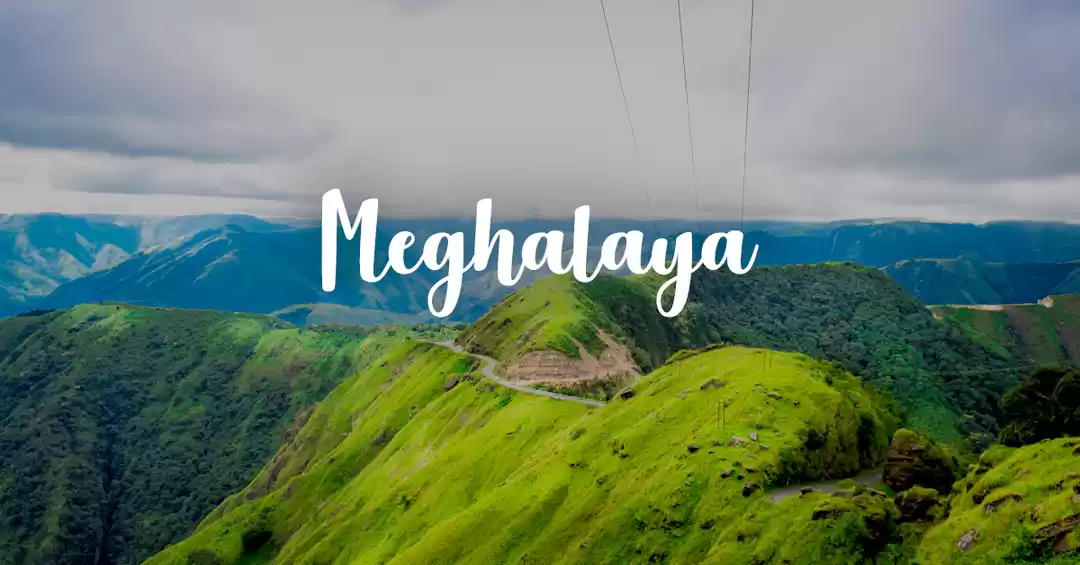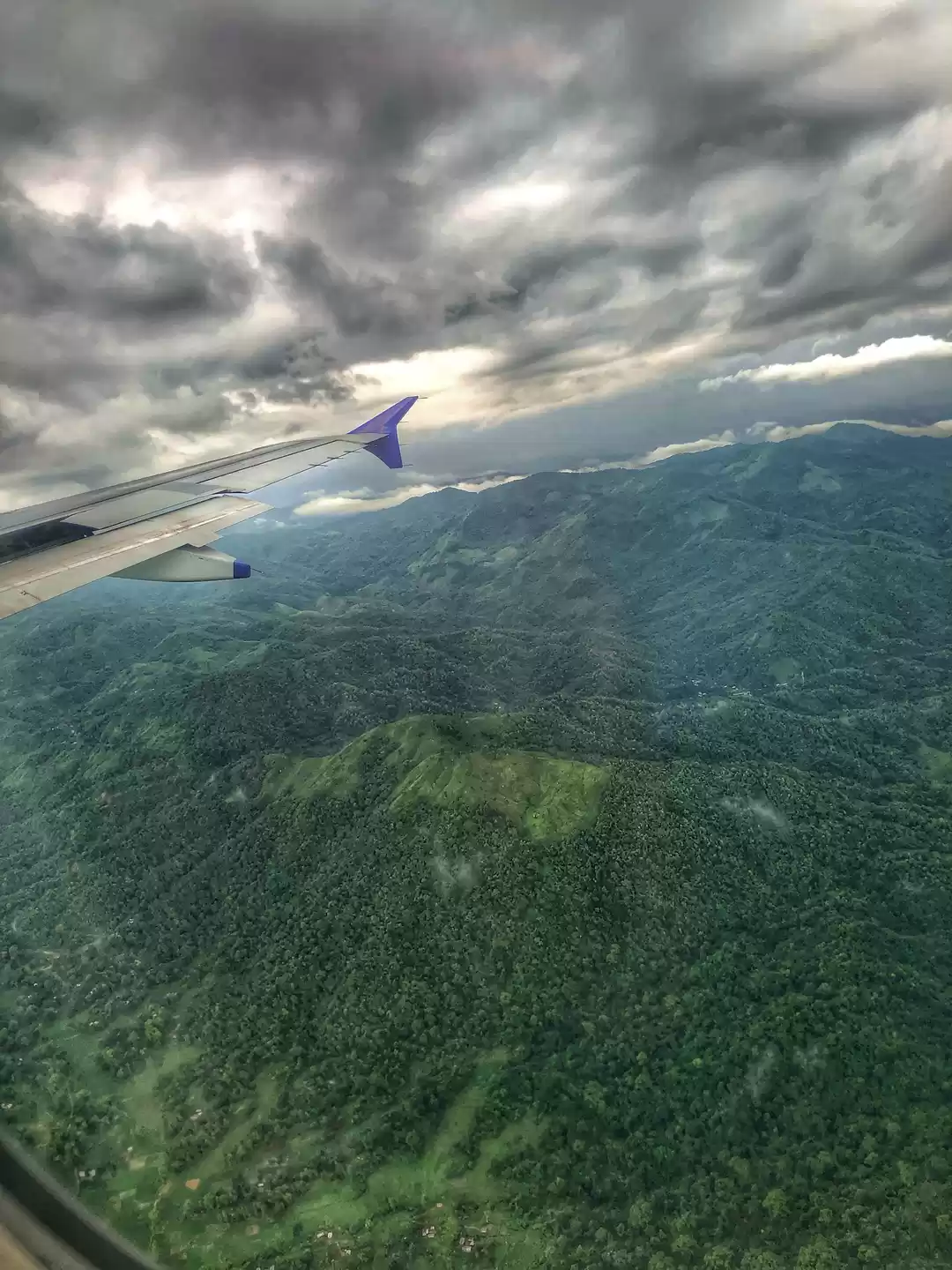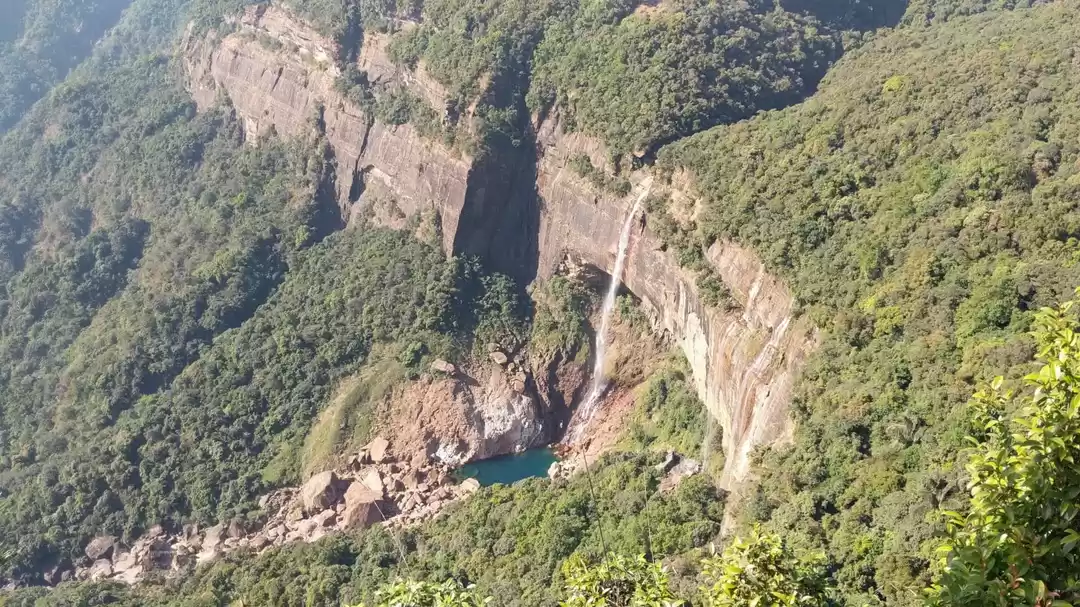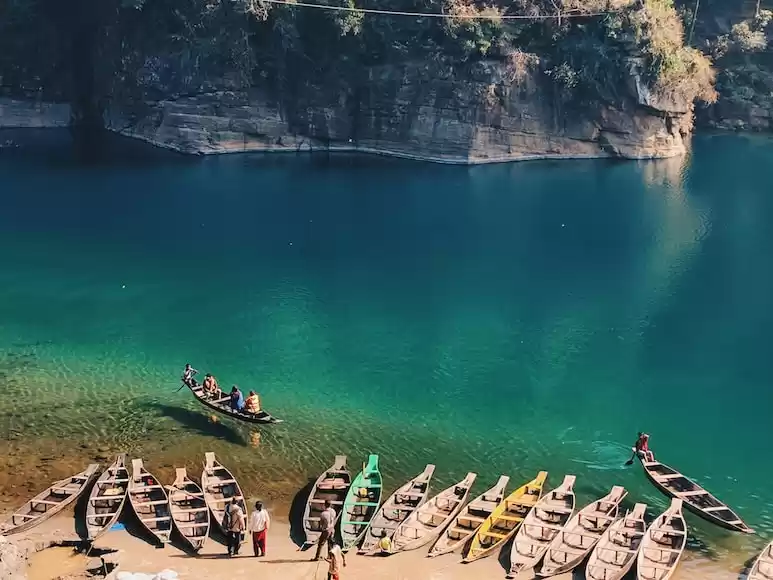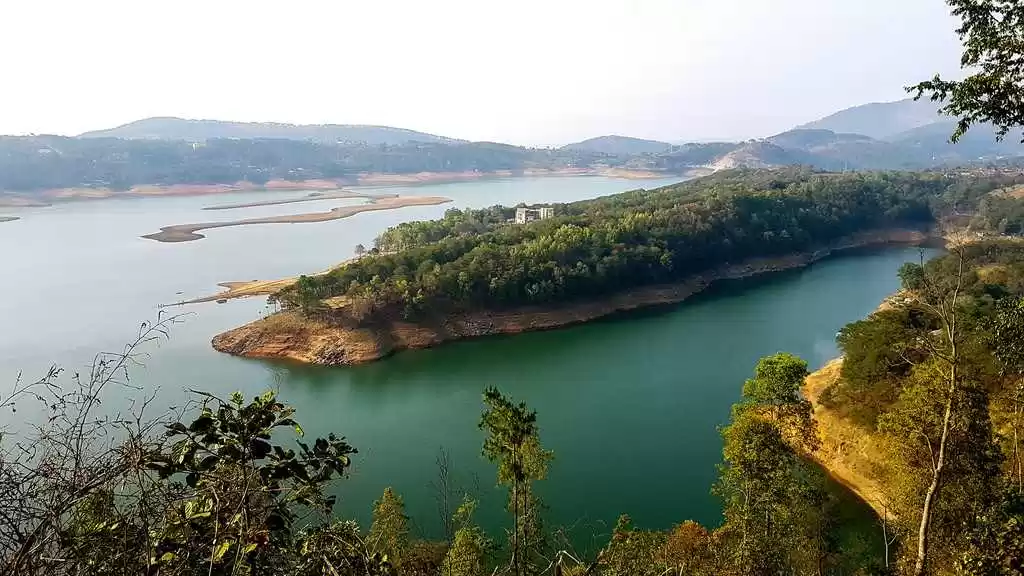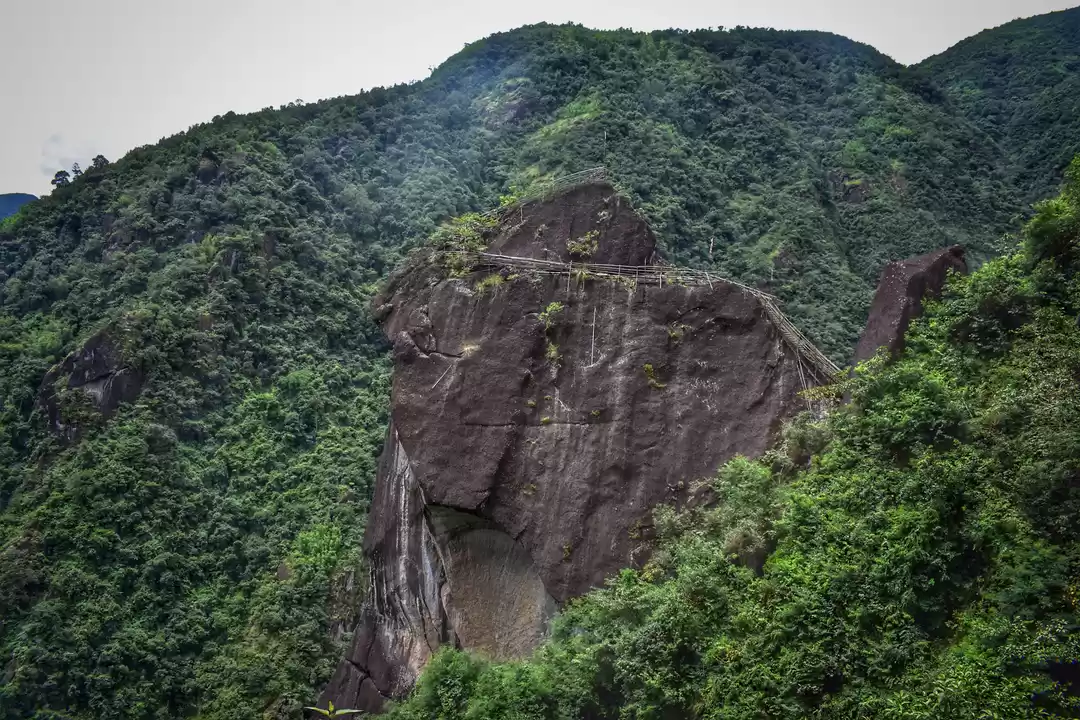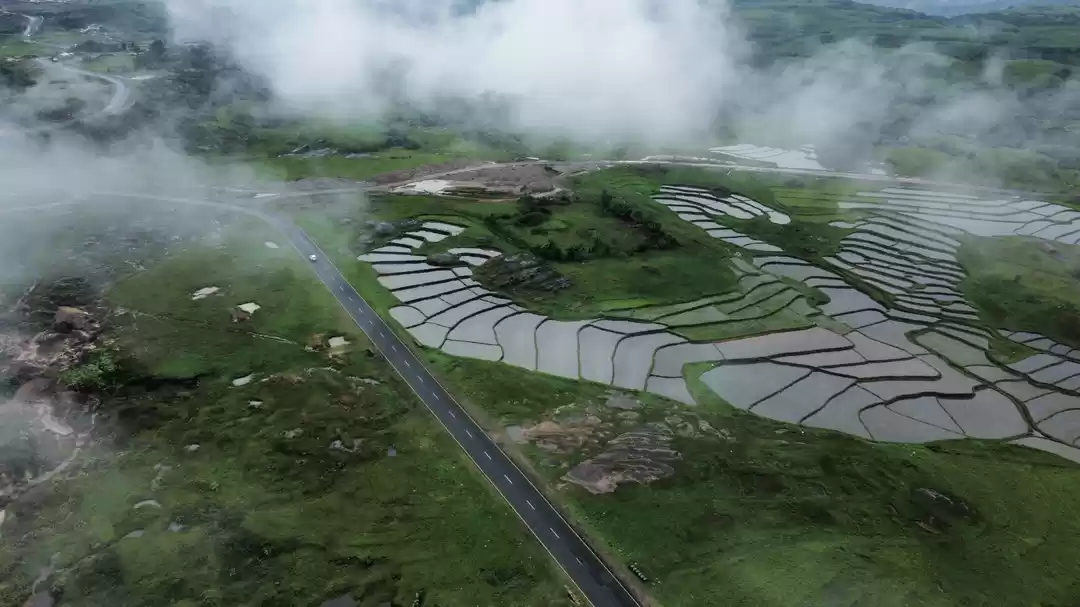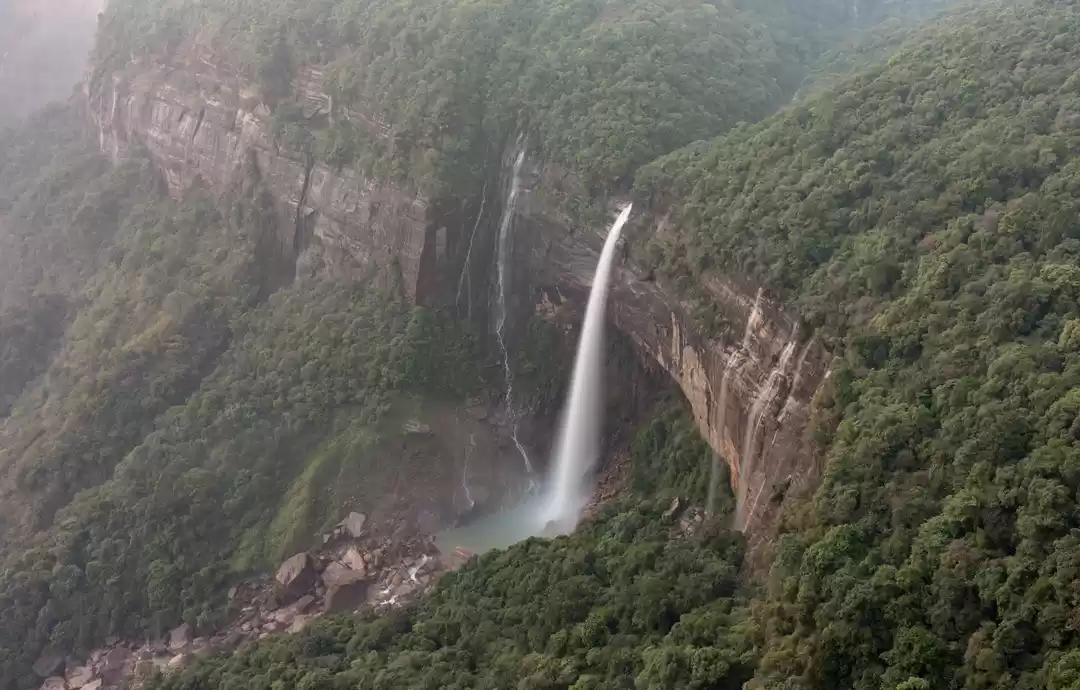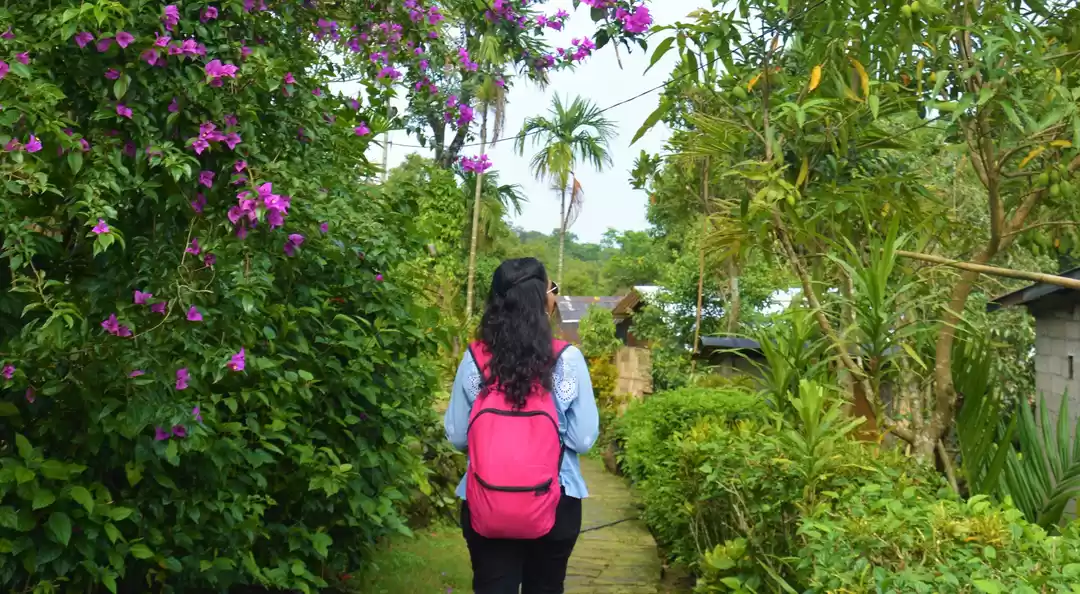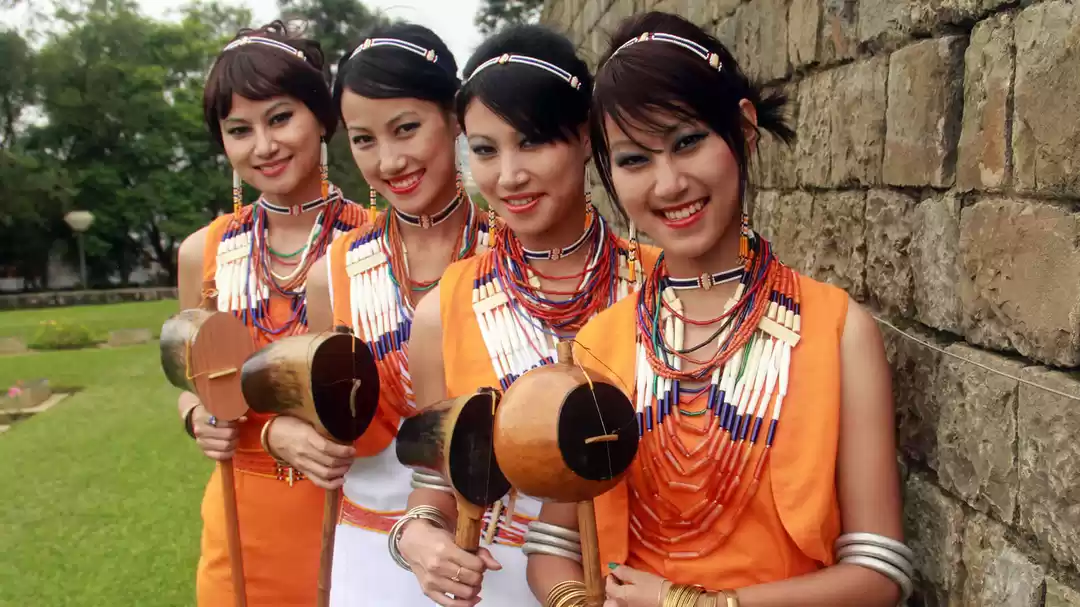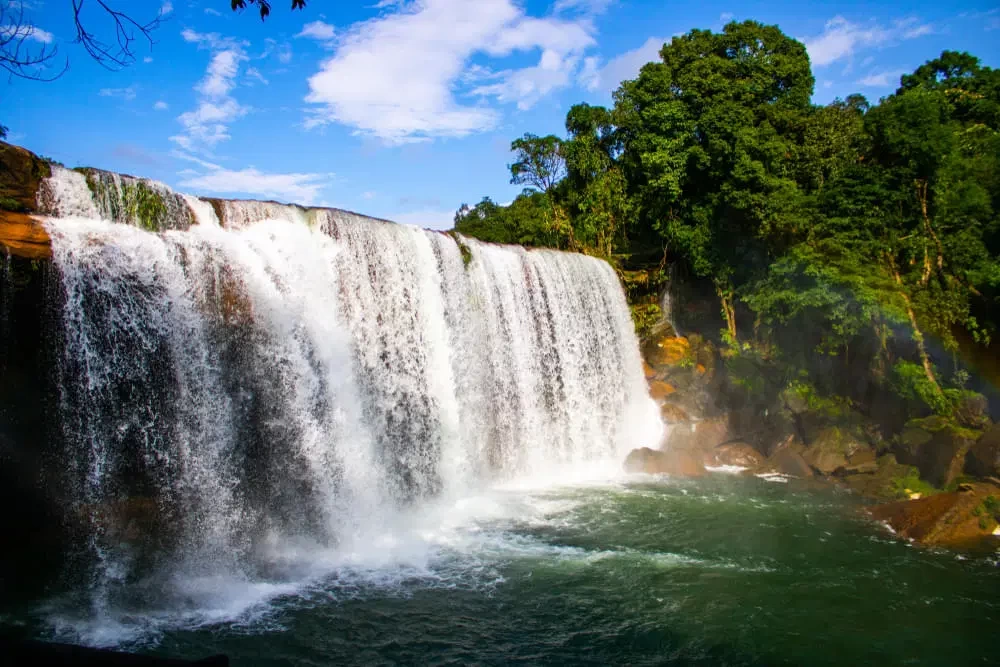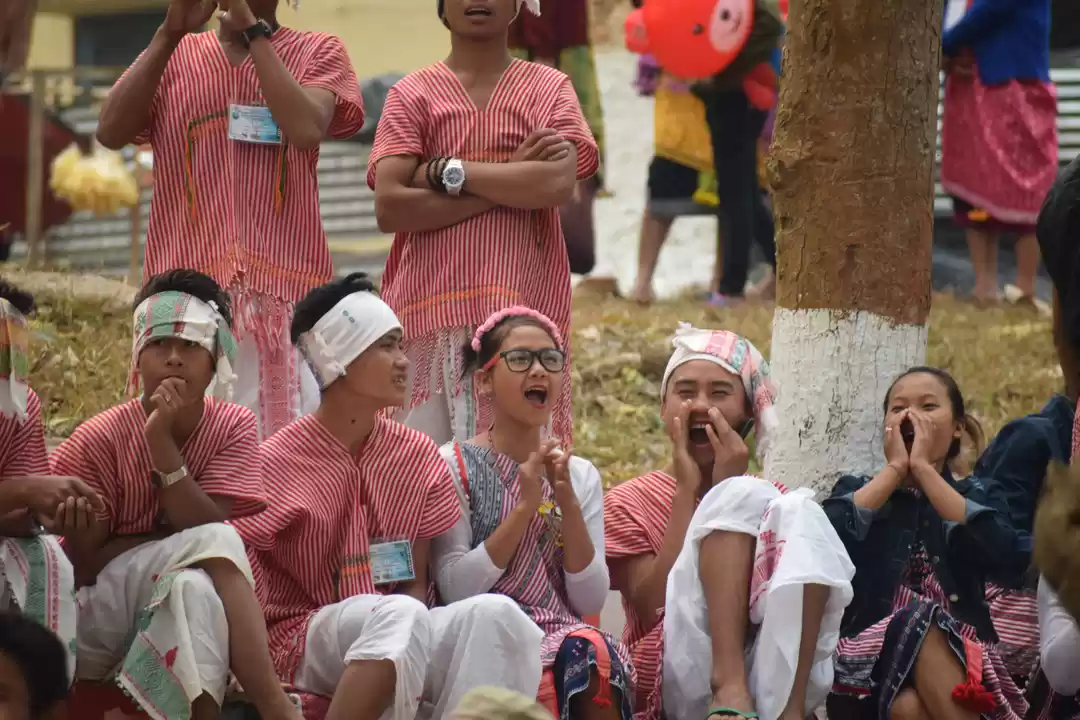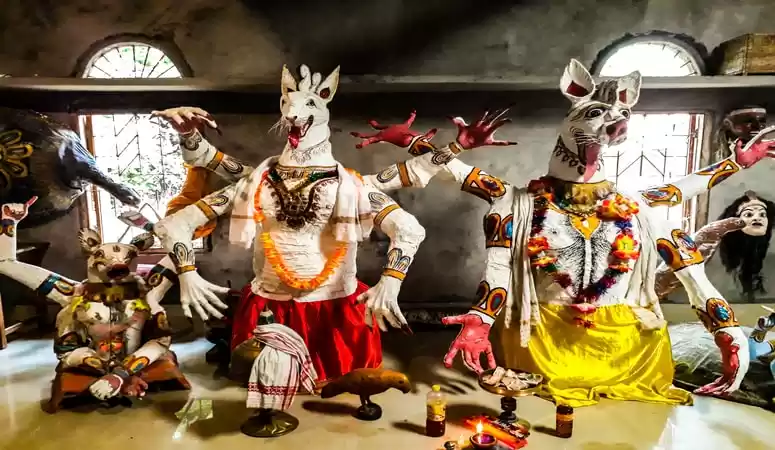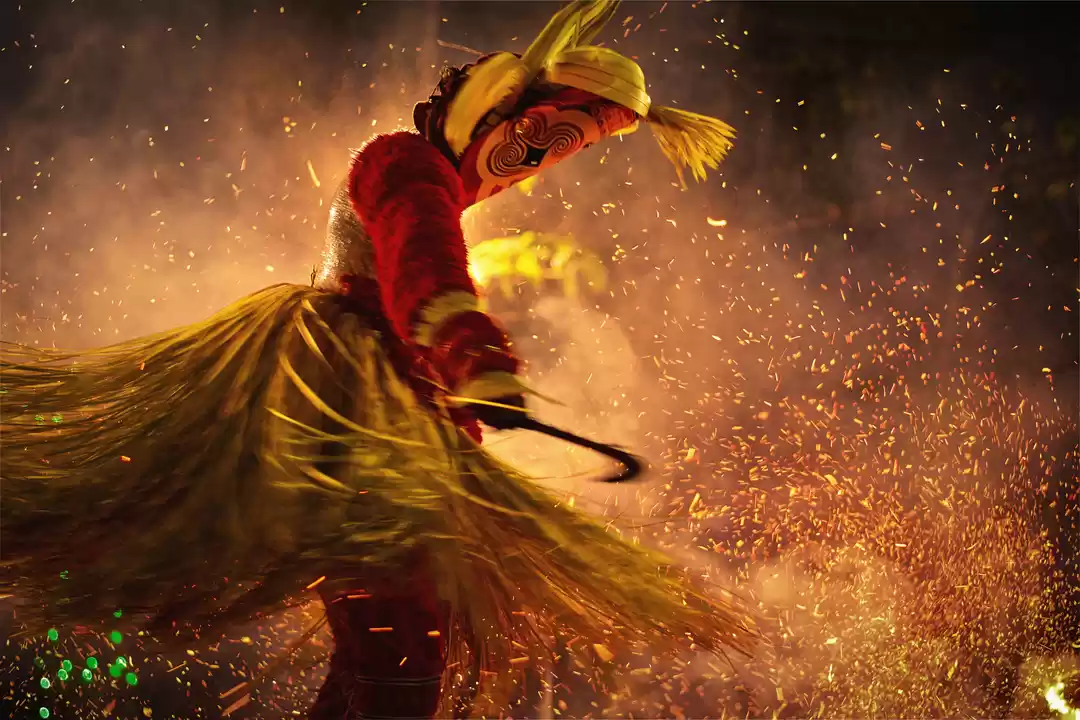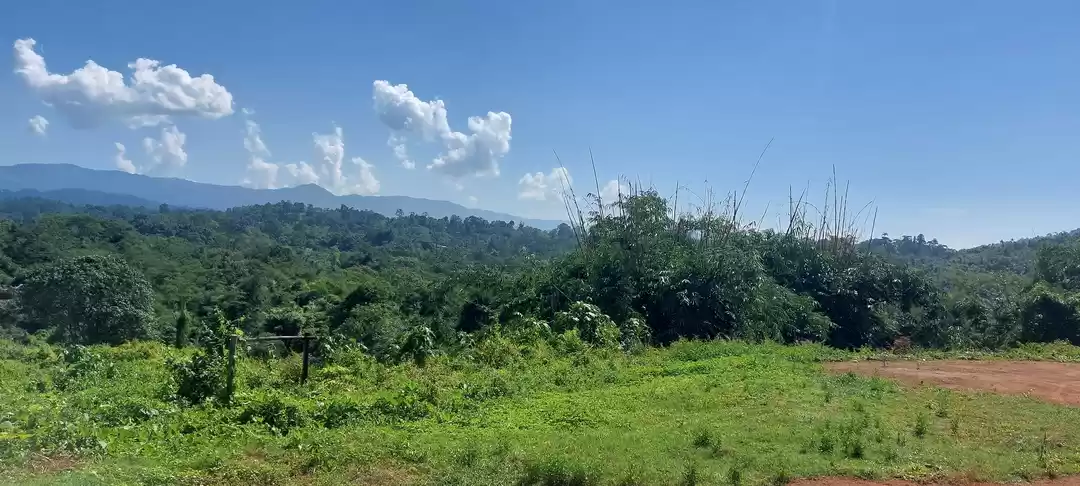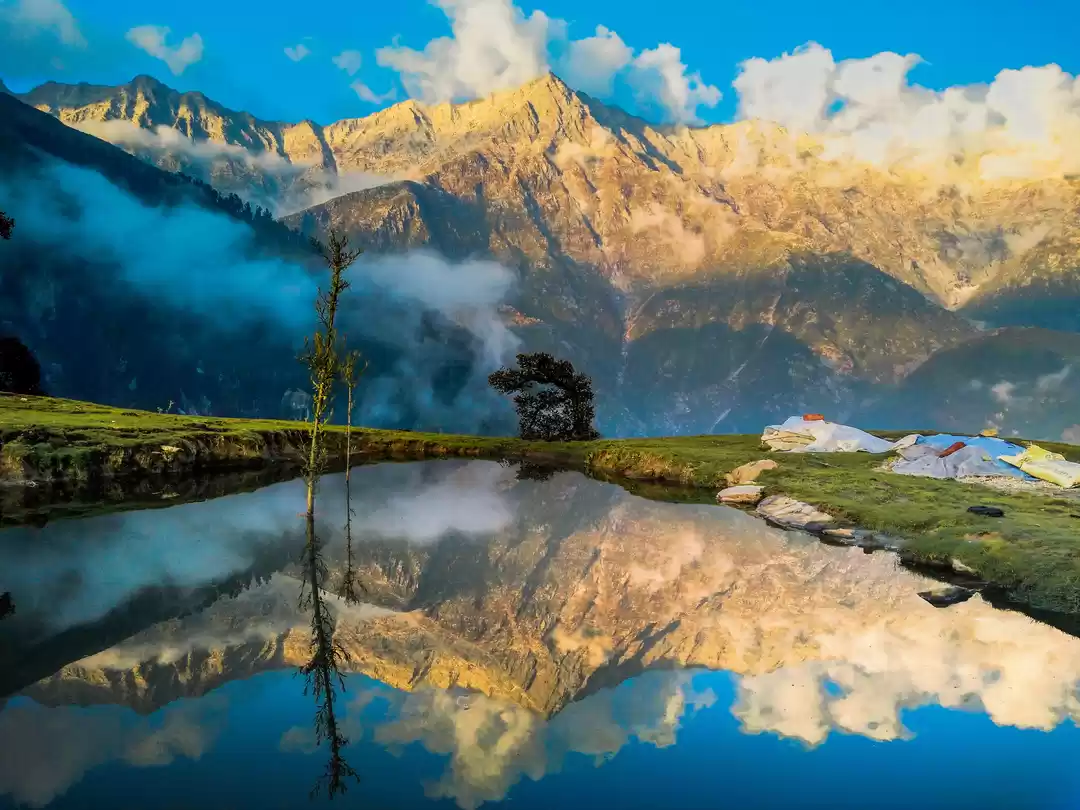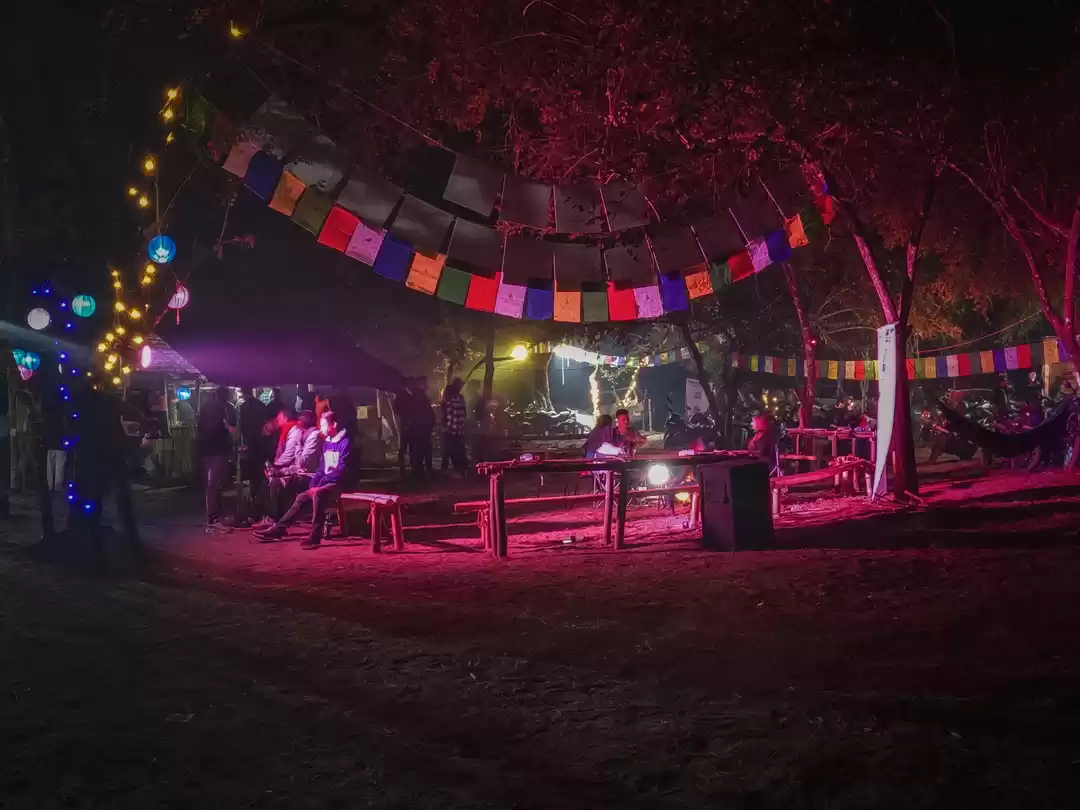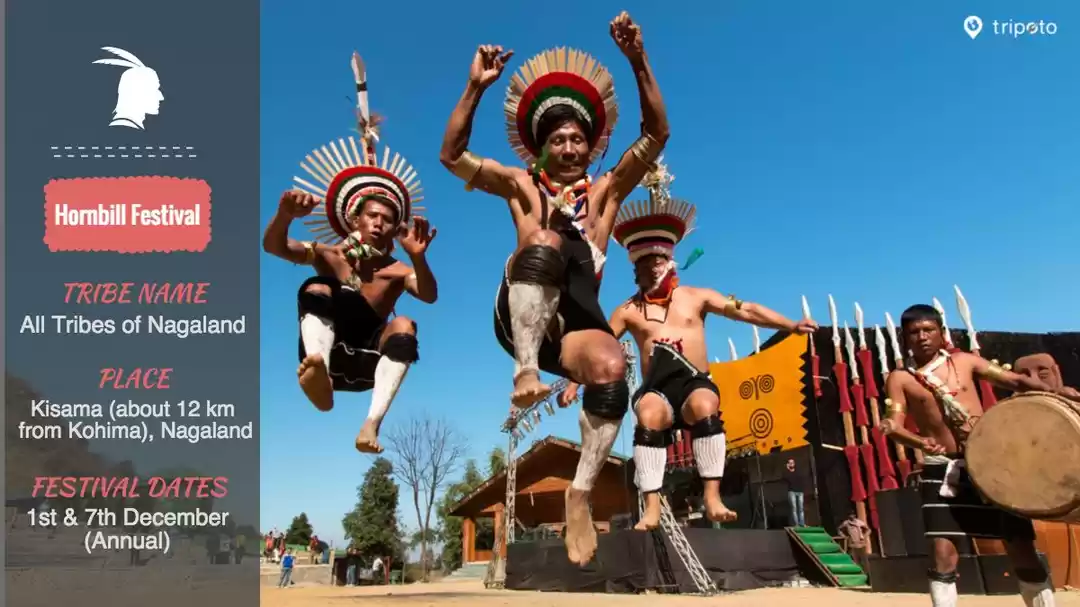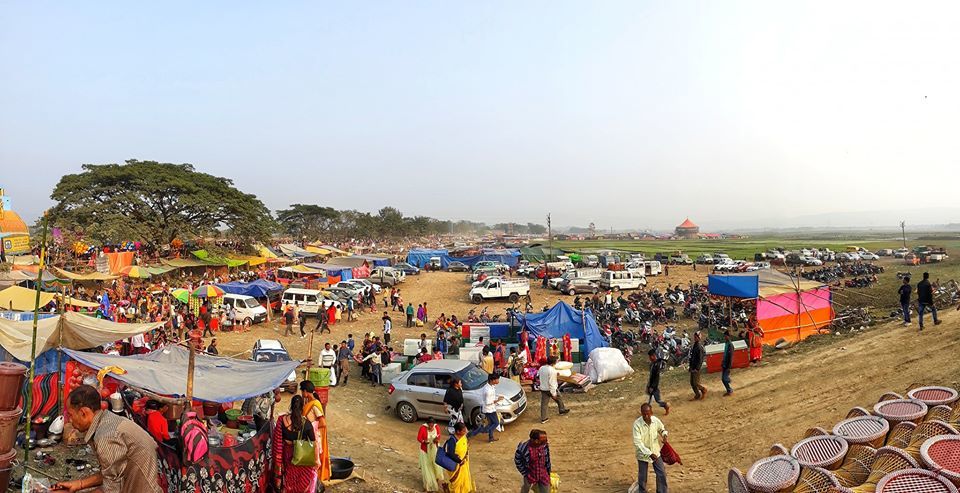
Tiwa Community resides in Assam and like every tribe of India, still follows indigenous practices. Every year, this community organizes Jonbeel Mela at a historical place known as Dayang Belguri at Joonbeel. The most unique aspect of the festival is that goods are exchanged through barter system.
What is Barter System
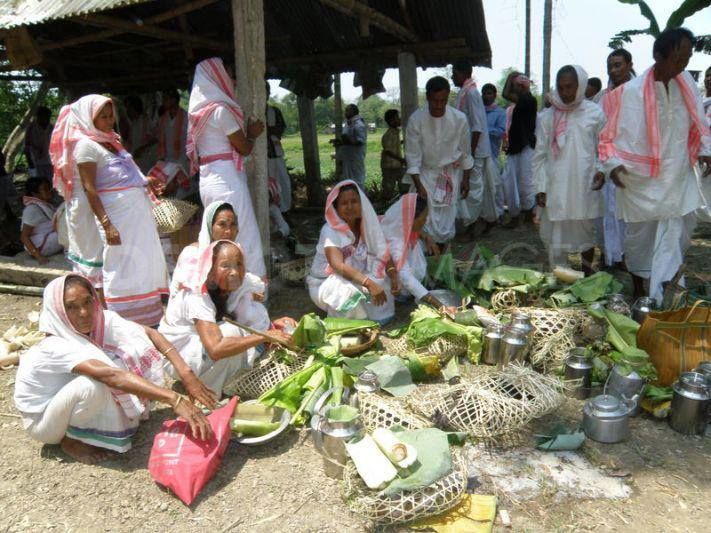
In ancient days, when world didn't have a currency system, majority of business was conducted through barter system. In this practice, one good is exchanged for another that is of the same value. For example, if you have a kg salt then you can exchange it for half kg rice or 12 eggs. Barter system is still prevalent in many tribal communities but Jonbeel Mela is only one that celebrates it annually.
Where is Jonbeel Mela Organized
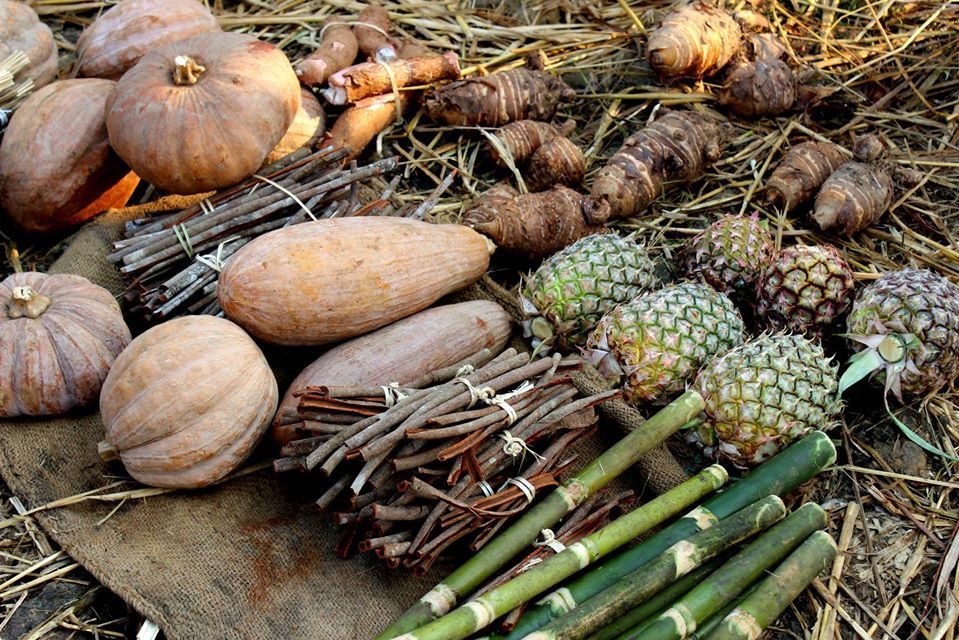
Jonbeel Mela is organized in Assam, at a place caled Jonbeel which is 32 km away from Guwahati. The name Jonbeel translates to crescent shaped moon and the lake around which the mela is organized is shaped similarly.
You can catch a bus or a shared car for Jonbeel and reach the venue of the festival in half an hour.
When is Jonbeel Mela Organized
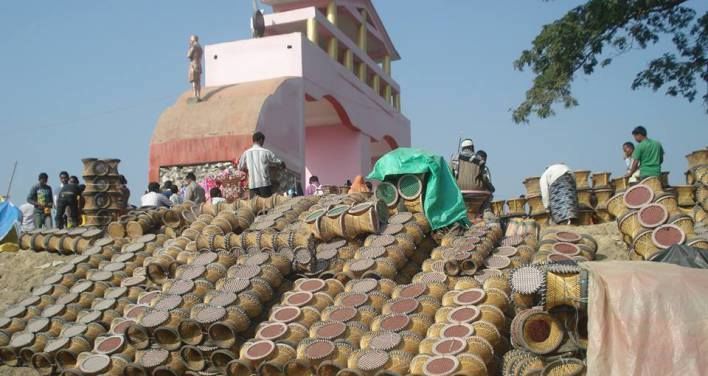
Jonbeel Mela is organized in the month of January during the weekend of Magh Bihu. One can easily plan a trip during Makar Sankranti holiday to experience the event.
What all to experience at the festival
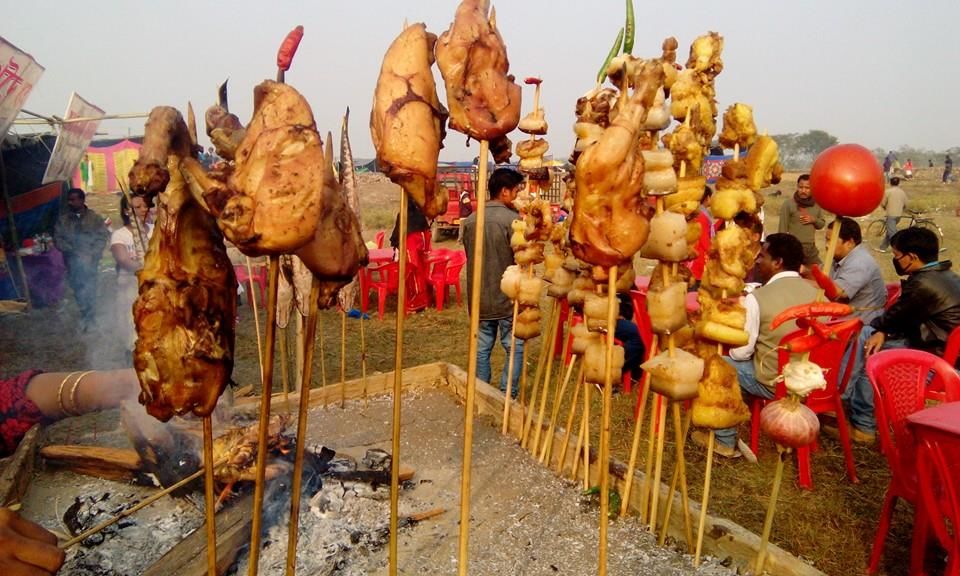
Jonbeel Mela has a cultural significance as it is participated by members of Tiwa, Karbi, Khasi and Jaintia communities. They arrive here from from the interiors of the state’s Morigaon and Karbi Anglong districts, as well as some border villages of Meghalaya.
At the mela, you can see community fishing where several men and women sing and try to catch fishes with their hands. The belief behind this is this way retains the original nutrients of the fish.
You'll also see cockfights where the villagers place bets of an ounce of salt, 250 gm rice or 100 gm sugar. The winner gets a similar prize.
Other than the traditional practices, the mela also sees ferris wheel and maut ka kuan.
Jonbeel Mela is a very unique event and worth



